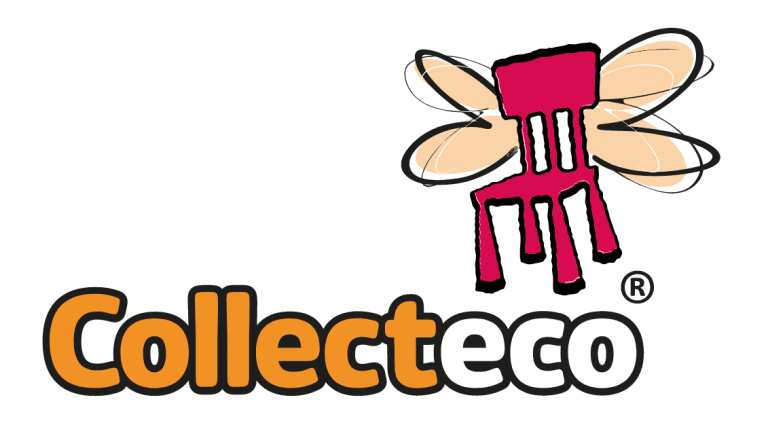A waterbody waste-collection solution for smart cities

Problem Addressed
Various waterbodies, I.e. Ports, Harbours, Marinas, Yacht Clubs, Rivers, Canals, Lakes, Ponds etc. are experiencing high levels of plastics and biomass as surface waste.
Case Study
There are dozens of units around the globe and the number is growing each year – there have been no comebacks or returns, and RanMarine Technology are currently working on a case study for algae blooms in Europe, which will be shared when completed.
Facts and Figures
This page presents data, evidence, and solutions that are provided by our partners and members and should therefore not be attributed to UKGBC. While we showcase these solutions for inspiration, to build consensus, and create momentum for climate action, UKGBC does not offer commercial endorsement of individual solutions. If you would like to quote something from this page, or more information, please contact our Communications team at media@ukgbc.org.
Related
Climate Positive Resource Management

Service to collect waste wood

Collecting and donating surplus furniture, equipment and materials

Community Fridge

